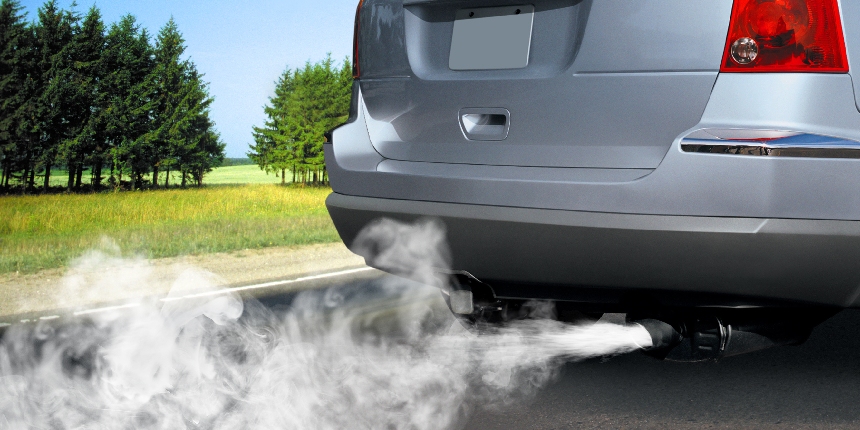DTU researchers investigate smoke emissions from diesel-powered cars
Ishaan Arora | August 30, 2022 | 06:19 PM IST | 2 mins read
DTU environmental engineering researchers examined 460 diesel-powered cars registered at different RTOs in Delhi.
JEE Main College Predictor (JAC Delhi Counselling)
Know your chances of getting into DTU, NSIT, IGIT etc as per your JEE Rank
Predict Now
NEW DELHI: The researchers from Delhi Technological University's (DTU) Environmental Engineering Department conducted a case study to investigate the effect of various vehicle and engine-related independent variables on the smoke emission (SE) from diesel-powered cars in the nation's capital.
Latest: [Know your admission chances in Delhi's Top engineering Colleges based on your JEE Main Rank] - Predict Now
The study, which lasted for about six months, looked at 460 diesel-powered cars that were registered at different RTOs (Regional Transport Offices) in Delhi. It gathered information on vehicle-specific factors like age, mileage, maintenance category, application emission norm, and some engine-related factors as well as smoke emissions while the cars were tested as part of the government-approved PUC (Pollution Under Control) certification process.
Also Read | IIT Delhi study says biomass burning drives poor air quality post Diwali
Explaining the research, the team lead Dr Rajeev Kumar Mishra, Assistant Professor in the Department of Environmental Engineering said, "that age and mileage were proved to be the most prominent vehicular aspects affecting tailpipe smoke emission from the diesel cars. As the age and mileage of the diesel cars went up, the smoke emission too shot up significantly. On the other hand, car maintenance category, applicable emission norm and the engine aspiration were found to be other significant parameters affecting the smoke emission."
The make-wise scenarios improved such findings for the top 5 diesel-driven car makers, Maruti Suzuki, Hyundai Motors, Mahindra Motors, Toyota Kirloskar Motors, and Ford India, Mishra added. The findings of the research have been published in Springer’s Environmental Science.
Also Read | Air pollution: Delhi schools to remain shut for physical classes till further orders
The research team discovered that, for the entire dataset (n = 460), diesel cars become non-compliant with BS-IV norms after roughly 7.5 years of age, while it takes them about 9 years to become non-compliant with BS-III requirements. "Co-researcher, Abhinav Pandey said that the applicable emission norms and maintenance category showed that vehicles manufactured for BS (Bharat Stage)-IV and those possessing ‘very good’ and ‘good’ maintenance records had lower smoke emission compared to BS-III norm and diesel cars belonging to ‘poor’ and ‘unsatisfactory’ categories," the statement from DTU said.
Follow us for the latest education news on colleges and universities, admission, courses, exams, research, education policies, study abroad and more..
To get in touch, write to us at news@careers360.com.